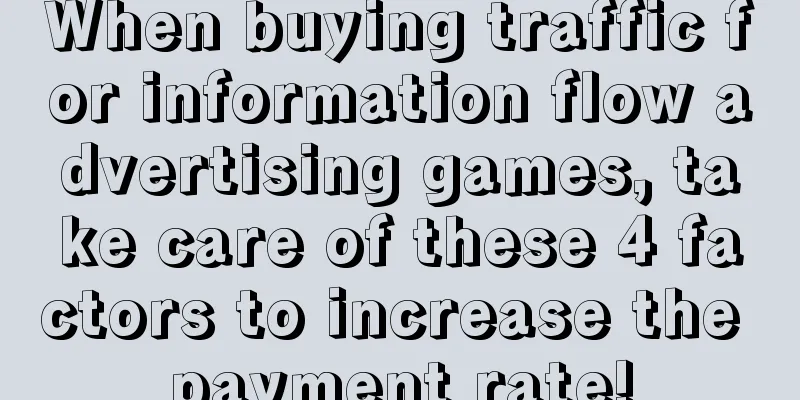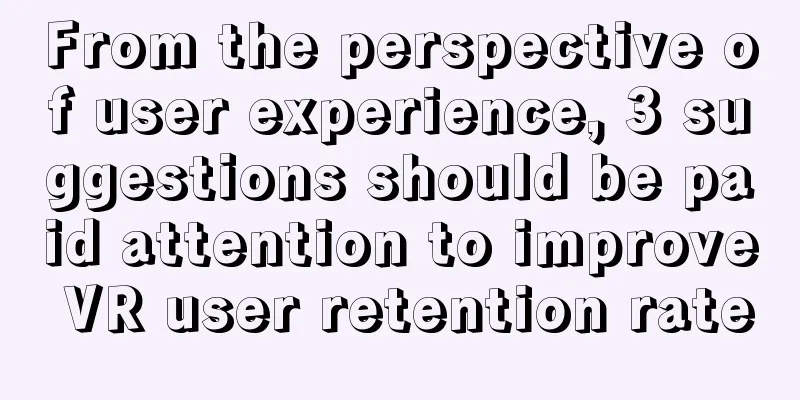Eight "traps" to avoid in the programmer profession

|
Let's face it. Some of you got into software because your parents made you (if you grew up outside of the US) or because you thought you could make a lot of money that way. You didn't get into computers at a young age and you don't really love software development. You're always going to be mediocre. Because our industry doesn't know how to evaluate skills, talent, or accomplishments, you'll make money, but this article isn't for you. If you've been punished for taking apart electronics to see how they work. If you've spent every night secretly surfing the internet to learn how to make video games. If you've spent your precious spare time learning, without anyone forcing you to do so, and you've actively pursued a career. And you've found yourself working in the software industry, this article is for you. You need to change your perspective on your career. You don't program for the love anymore; you program for the money. Save the love for your side projects. No matter what, make sure you at least like your day job - if you do, even better. If not, find a better place while the economy is still hot. However, your goal should be to open a 401 plan, stuff all your taxes into it, and have enough left over to buy a house, a car, and do whatever you want. Otherwise, someone else will make money from you. In the process, you need to think about your career, not just your current job. To do that, you need to avoid these eight pitfalls. Trap 1: Staying too long on technology I get it. You like Microsoft C# or Java or JavaScript or Python or Cobol. But most technologies have a life cycle of adoption, peak, outsourcing, niche, and nobody using them. Meaning if you learned Cobol in the 1980s, cool. If you learned it in the early 1990s and didn't want to give it up, you risked losing your job. If you learned it in the late 1990s, Y2K was the time to get paid $300 an hour. Now? You have to voluntarily relocate from the coast, and you'll probably make less than you had. How about Java? I used to charge $300 an hour for Java consulting. Now? Now that work is done onshore or offshore by an offshore company, where one of those offshore companies knows how to work around labor laws. If you don't think JavaScript or Python or whatever your favorite thing is going to work the same way, you're just not paying attention. Trap 2: Becoming an expert in a monopoly technology In the same way, you need to hedge your bets. It seems easy and safe to be an expert in anything that dominates. But when new technologies become popular and the battlefield suddenly shifts, you are competing with an entire crowd and you need an exit plan. For example, when Java was hot, I was someone who was familiar with Microsoft and C++. Because everyone expected me to have more C or C++ experience, I learned Java. Java was not strong enough to meet the requirements at the time. But I learned it and was able to bypass the strong C and C++ requirements, and I started early in Java. A few years ago, it looked like Ruby was going to ascend. At one point, Perl looked like it would reach the level that Java eventually did. Predicting the future is tough, so hedging your bets is the way to be safe. Trap 3: Not Falling in Love with Fashion Never tell a Groovy person that it's over. However, the magic is dead. People won't pay top dollar for a Groovy developer. If your boss lets you use it on a project, it will be because he doesn't care what you use, it's not very important and he wants to keep you happy, or he is ignorant and doesn't realize there will be a drop in labor supply. By all means, jump into the rising technologies and learn them. Be prepared to be the first to know it and make yourself an expert. But also be ready to jump when the need arises. Whether it's a language or a database, there's always other new technology to fall in love with. Trap 4: Being politically insensitive Every organization, big or small, has some kind of politics. So, you need to hone your political skills. If you don't know politics, you'll become a pawn in someone else's game. I'm not saying you have to be that asshole who plays the political game and has no job, but you do need to play defensive politics well. Trap No. 5: Being selfless about business "I'm just a developer, I'm not interested in this industry." That's career suicide. You need to know the score. What is your company doing well? What are its main business challenges? What are its most important projects? How does technology or software help achieve them? How does your company fit into the industry as a whole? If you don't know the answers to these questions, you'll become an irrelevant person in your company working on irrelevant projects that are relatively worthless. Trap #6: Having a “union company” mentality When I was young, my first job was at a telecom company and there was an old guy who estimated that almost everything took 6 months. He made the mistake of going on vacation and I completed the entire project, including his work, in two weeks. I thought he would be happy about this. He wasn't, hell no, he wasn't. He took every opportunity to get me fired and it became his life's mission, and he complained to the new director nonstop. Of course, I did my job. I was innovative. I was always looking for new ways to do things better and faster, to solve problems. He retired shortly after I left. Sometimes, I saw him in coffee shops, and we pretended not to remember each other. This isn't the first time I've come across this "take your time or we'll get you" mentality. My advice is to do the right thing, but be prepared for what's coming. If it's a widespread problem, then vote with your feet - minus any other places in that area. Trap #7: Not Knowing (or Caring) Your Value "I'm not in this for the money". Then develop a hobby. By all means, don't work every day thinking about your next dollar. But don't work for 50% less than everyone else either. Know your worth and make it worth it. Trap #8: Treating Your Job Just as a Job “It’s just a job”. No, it’s a step in your career. You’ll never just have this job. So, what can you learn here? What’s the next step? Who do you ultimately want to be? How will this job help you? Develop situational awareness across the business. It will help both yourself and the people you work for. It will serve you well in the long run, too. It’s not just a job, it’s a journey. |
<<: WeChat Mini Program "Decompile" Practice (Part 2): Source Code Restoration
Recommend
How did Facebook achieve 800,000 people watching live broadcasts at the same time?
There are only a handful of companies that know h...
How does a new media director write a promotion plan?
Today’s topic is how to write a promotion plan fo...
Lawyer mini program development functions, how much does it cost to develop a lawyer legal consultation mini program?
Recently a friend consulted me and wanted to make...
Detailed explanation of adapter mode and application scenarios of Android design pattern
[[417879]] Preface Design patterns are sometimes ...
Huajie Information: How to do keyword ranking for corporate website promotion?
Now many companies' website rankings are not ...
Why Arm's ban on Huawei will not have any substantial effect?
Huawei can rely on its existing ARMv8 licenses fo...
Google Play enters China, starting with serving Chinese developers
December 10th may be a day worth remembering. On ...
How to get the Taobao Live invitation code? What are the tips for Taobao Live?
This article mainly introduces how to obtain the ...
WeChat's big update: Why does it feel a bit like QQ? The last comment is amazing
Yesterday, when Shichao was talking to everyone a...
AARRR model case: How to use data to optimize channel delivery?
With the disappearance of the new population divi...
Tips for making creative advertising promotions near WeChat, use them well to triple your sales! Case Analysis
"The Big Dipper points to the southeast, and...
Siri: If anyone dares to tease me, I will send their private recordings to Apple contractors
Teasing Siri has become an indispensable source o...
Pessimism and caution spread: small and medium-sized mobile game teams will make their last stand
Nowadays, "recruitment is much better than b...
Short video production of foreign beauties holding signs, orders are placed all year round!
The beauty sign-holding team includes the Russian...
Is the investment fee for Chenzhou women's clothing mini program high? Chenzhou women's clothing mini program investment fee and process
Starting a business requires costs, and mini prog...









